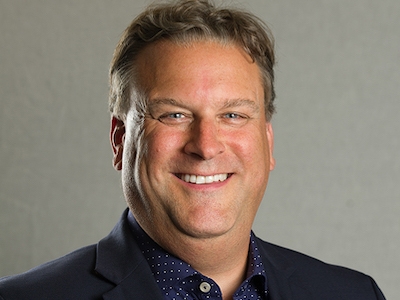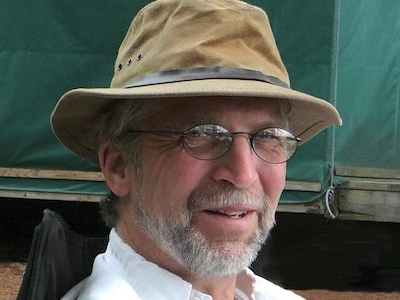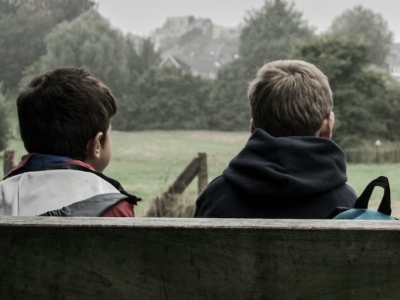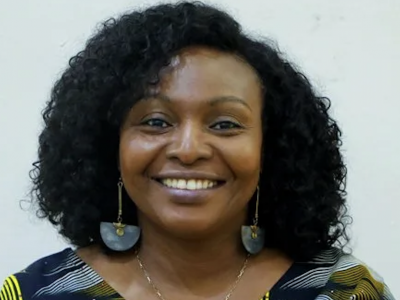Interview by Sherlyn Assam
Kwende Kefentse is the new Executive Director of CKCU, the independent, 45-year-old, campus-community broadcaster located at Carleton University, in Ottawa. CKCU FM is a charity embraced by local, diverse and marginalized communities. PANL Perspectives spoke with Kefentse about CKCU’s unique charity model. The interview is edited for longevity and clarity.
 As a broadcaster charity, how does CKCU serve the community?
As a broadcaster charity, how does CKCU serve the community?
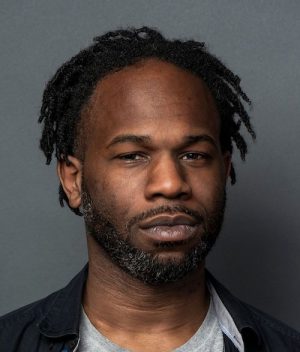
Kwende Kefentse, Executive Director of CKCU FM, a broadcaster that’s also a registered charity.
Let’s pull back to when the station got the FM license in 1975. Let’s consider that radio then was like how the internet is now. Radio stations were like websites. There weren’t websites in every community, and the kind of stuff you could access in that network was traditional and limited. The intention of CKCU when it started in 1975 was to create a station for people from different communities, different perspectives, different emerging sounds musically. Obviously, now, technology and music have evolved. It’s easy to lose perspective on the significance of creating that kind of accessible presence in the media for all of these voices in this community. In 1975, that was the only way people got information. It was a really powerful and thoughtful and radical thing to be doing.
But I think this community is still in need. Regardless of all the global broadcast platforms, there’s still something about a broadcast platform that’s focused on here. With CKCU, the interests aren’t globalized corporate interests. We have deep interest in this community and in the health and vitality of this community. And we want to be producing content and being a platform for voices in the community, such that the community can thrive. That’s what we’re here trying to do.
 At the beginning of the pandemic, last March, 2020, with people turning more to the arts, did you find a lot more listeners tuning into CKCU?
At the beginning of the pandemic, last March, 2020, with people turning more to the arts, did you find a lot more listeners tuning into CKCU?
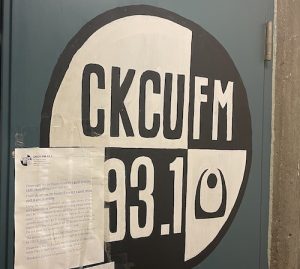 We definitely got a lot more feedback from listeners, and this is one of the cool things about having a very large broadcast area — into parts of New York. We hear from people who are in rural parts. They email or write physical letters, saying things like “Yo, out in my area, we don’t have good internet. So, this is the only place where I get to hear interesting, new, different sounds, because we’re not streaming stuff.” We’re here as a source for new information about the community and different kinds of music, conversations and connections between different language groups and communities.
We definitely got a lot more feedback from listeners, and this is one of the cool things about having a very large broadcast area — into parts of New York. We hear from people who are in rural parts. They email or write physical letters, saying things like “Yo, out in my area, we don’t have good internet. So, this is the only place where I get to hear interesting, new, different sounds, because we’re not streaming stuff.” We’re here as a source for new information about the community and different kinds of music, conversations and connections between different language groups and communities.
 How do you curate your content knowing that for some people, this is the main source of entertainment, rather than the big Internet?
How do you curate your content knowing that for some people, this is the main source of entertainment, rather than the big Internet?
Right now, there’s a lot of intuition and tradition in what we do. There are some shows that have been running for 45 years — that’s what I mean by tradition — shows, like Voices of Somalia, that have been passed down to different hosts to carry on the tradition. There’s intuition in terms of a lot of it continuing to be based on relationships of those around the university or within the community.
I look forward to being more data driven. We’re moving in a way that’s been less focused on that quantitative metric. I’m not trying to be a technocrat about community media, but at the same time, we could be learning more about how the content is being received, about the communities that are receiving the content, and being more proactive about how we respond to that feedback.
 Was CKCU’s data not measured before, or is CKCU trying to get more of an aggregated look about listeners, volunteers, and those hosting the show?
Was CKCU’s data not measured before, or is CKCU trying to get more of an aggregated look about listeners, volunteers, and those hosting the show?
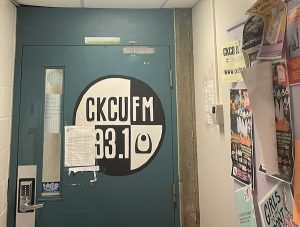 I think that this is true for any charity or nonprofit that’s approaching 50 years old — that there’s scarcely a complete data set of everything that’s been going on with the organization from the beginning until now. Keeping records about identity was not a thing 10 years ago. We’re now getting to the point where we know things based on datasets, but keep in mind that we’re just getting there now — when organizations like ours can take advantage of leaps and bounds in technology that allow us to measure our impact in granular ways.
I think that this is true for any charity or nonprofit that’s approaching 50 years old — that there’s scarcely a complete data set of everything that’s been going on with the organization from the beginning until now. Keeping records about identity was not a thing 10 years ago. We’re now getting to the point where we know things based on datasets, but keep in mind that we’re just getting there now — when organizations like ours can take advantage of leaps and bounds in technology that allow us to measure our impact in granular ways.
 Where do you see CKCU going as a radio station and as a charity?
Where do you see CKCU going as a radio station and as a charity?
I think about us moving beyond radio. We already do that, because we broadcast on the internet. I think we’ll be better at uplifting local, emerging content creators and building a vital network for that community. As a charity, I’d like to see us be more enterprising. We’re appreciative of the funding that we get from the community and from the student levy, but I’d like to see us become more independent, and develop more market-based fundraising opportunities.
Last year, during the Funding Drive we raised $155,000 in five weeks. There’s a tradition of giving, which we want to be respectful of as we grow. I think there’s an opportunity to do a lot more good, and a lot more fundraising to support that good. It will be a big component of what we’ll be doing as we learn more about our donors through migrating our database — and starting to think more creatively, not just about soliciting donors, but also about social enterprise and developing more proactive fundraising opportunities.
As a local charity and a nonprofit, our interest is in fulfilling our mission. We’re not in the pocket of Universal, or Sony, or Zuckerberg, or whoever. I lived through the transition from localized modes of media and connection to two or three globalized ones that primarily think of money. And eventually, I just started thinking, “How can that be? How can it be that to connect to people in my neighborhood, I have to go through a corporation in California?” I guess that’s also part of why I was inspired to do this job: because localized media ecosystems are important. Whenever the next social network breaks down and the next one pops up, we’ll still be here. That kind of social infrastructure of the local media ecosystem is important. There’s a fundamental good to it.
Kwende Kefentse is on Twitter and LinkedIn.
Sherlyn Assam is an MPNL student at Carleton University. She’s also a freelance journalist on Instagram, Twitter, and LinkedIn. Her work can be found at sherlynassam.com. (Photos are courtesy of Assam.)
Monday, July 12, 2021 in Leadership & Governance
Share: Twitter, Facebook
